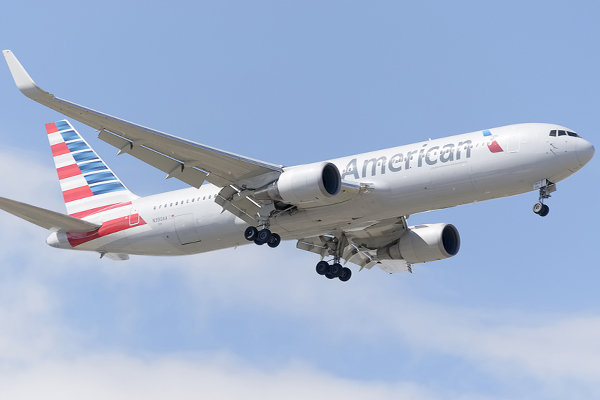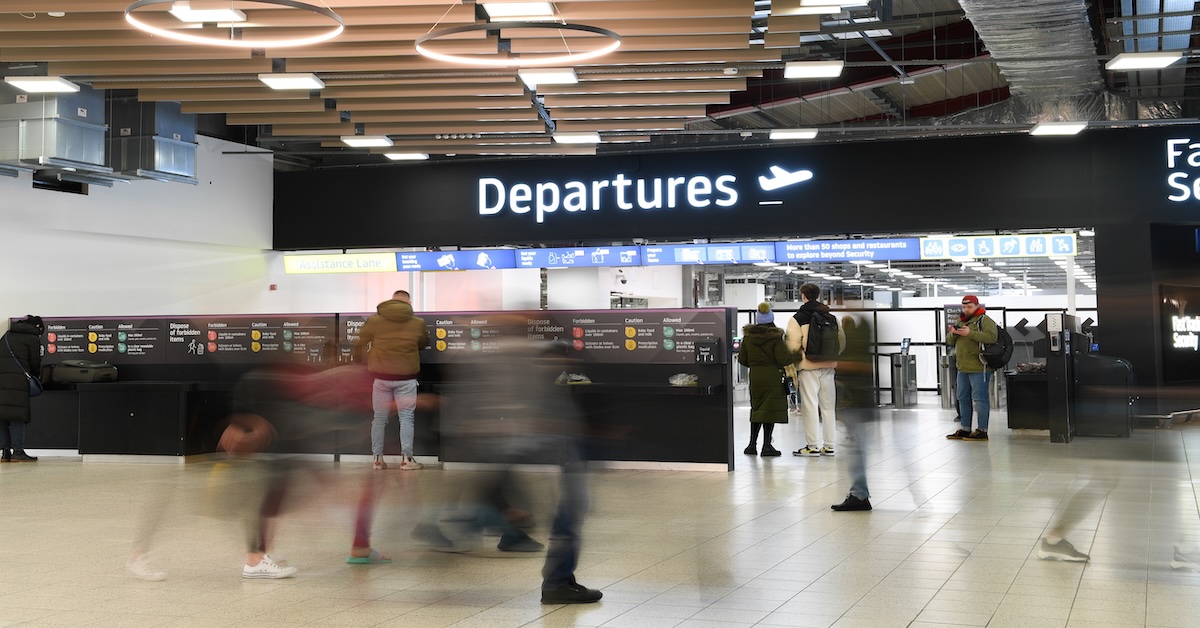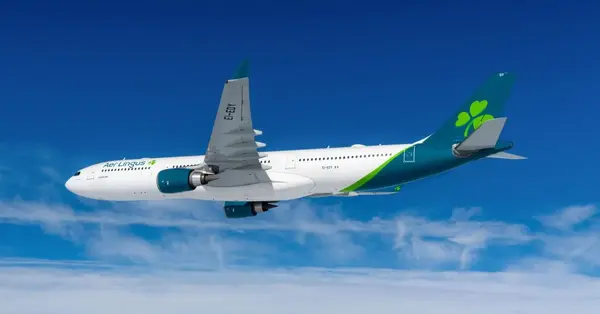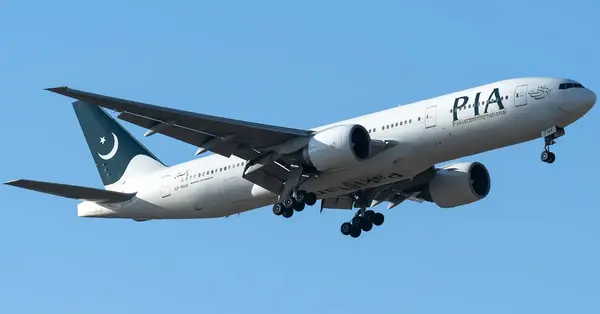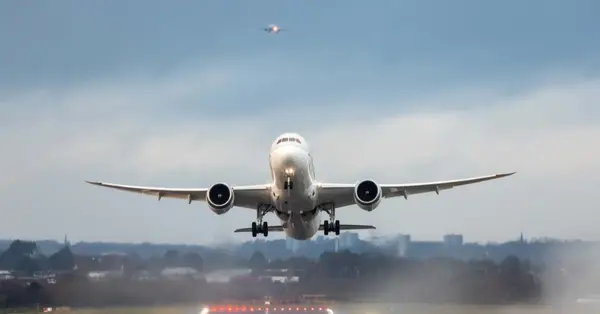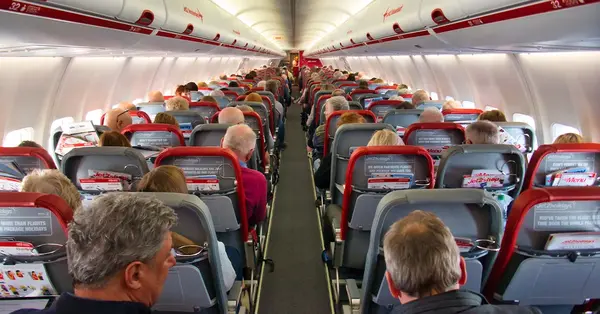You are viewing 1 of your 2 free articles
Analysis: Asta complaint to government goes to heart of conflict over NDC
US travel association Asta’s competition complaint against American Airlines details the difficulties of enforced adoption of Iata’s new distribution capability (NDC). Ian Taylor reports
The American Association of Travel Advisors (Asta) has accused American Airlines of “abusing its market power” in a complaint to the US Department of Transportation (DOT) at the end of July and called for government intervention.
Asta accuses American of a “reckless” implementation of new distribution capability (NDC) technology “to the detriment of consumers [and of] agencies, travel management companies (TMCs) and all distribution intermediaries”.
More: Comment: The impact of NDC should not be underestimated
Asta calls for inquiry into American Airlines’ NDC move
The complaint by Asta, US equivalent of Abta, against the transatlantic partner of British Airways goes to the heart of the simmering conflict between major network carriers and the trade over NDC.
American Airlines raised the stakes by removing more than 40% of its fares from distribution via GDSs, or “non-NDC booking channels”, from April 3.
Asta goes so far as to suggest the airline “no longer has any interest in acting as a partner to travel agencies” despite almost half of US air bookings (48%) being made “via the agency channel”. Rather, it suggests: “American’s objective is the elimination of the agency distribution channel.”
It argues: “The travel industry remains largely unprepared to fully adopt NDC. . . American was fully aware of the industry’s lack of readiness to implement its NDC ‘solution’ and the serious harm it would cause, but proceeded anyway because its dominant market position permitted it to do so.”
The decision “caused widespread disruption to the air ticket distribution ecosystem and serious consumer harm in the form of higher air fares”.
Asta suggests “consumers have gained no benefit whatsoever” and “there is nothing AA could plausibly point to that suggests any benefits”.
But it argues: “American made a strategic decision to achieve an even stronger, anti-competitive business position by denying access to fare inventory.”
Asta claims: “The power to withhold so much inventory . . . is powerful evidence of monopoly-type power.”
It requests the DOT order American to immediately restore all fares to the GDSs, review the state of competition among US airlines and consider revoking its previous approval of airline mergers and alliances.
Asta argues: “The erosion of meaningful competition in the airline industry has greatly contributed to the ability of AA to abuse its dominant market power.”
It also accuses American of anti-competitive behaviour in imposing “draconian terms” in its Governing Travel Agency Agreement (GTAA) from May 1 and seeks to have these terms banned.
‘Price discrimination’
American Airlines went ahead with making many fares only available through NDC channels from April 3 despite “most key players [communicating] unequivocally they would not be fully prepared to facilitate NDC”, according to Asta.
The association’s complaint specifies two immediate effects. First, it led to “significant price discrepancies between fares” for the same flights booked via NDC channels or AA’s website and “via the established channel” with the latter “invariably higher priced”.
Asta provides a series of fare comparisons and suggests: “Reports of price discrimination between the two channels have only become more widespread.”
It argues the carrier’s action “has produced significantly higher prices for travellers unwilling or unable to buy through the channels American demands.”
Second, Asta identifies the “difficulty to shop for, book and service bookings”, telling the DOT: “Comparison shopping has been severely compromised [and] ticket servicing – cancelling, changing and making other modifications – has become far more challenging.”
It also highlights issues exchanging tickets and with multi-passenger bookings, multi-city bookings, fare searches, special service requests and restricted ticketing, and argues American’s action has compromised “TMCs’ ability to track employee whereabouts and, by extension, a corporation’s ability to fulfil its duty of care”.
‘NDC may hold much promise’
New Distribution Capability (NDC) is a technology standard developed by Iata to communicate fare and ancillary content to agents, travel management companies (TMCs) and other distributors via online application programme interfaces (APIs).
This revolutionises how airlines provide such content which, since the 1980s, has been supplied to and aggregated by the global distribution systems (GDSs).
Asta acknowledges: “NDC may hold much promise for the future of air ticketing.” But it notes “wide resistance developed against . . . a joint airline effort to unilaterally impose a new business model on the industry” following Iata members’ decision to develop an NDC technology standard in 2012.
Iata sought US Department of Transportation (DOT) approval for this in 2013, when Asta notes agencies and associations filed opposition, warning of price discrimination, less fare transparency, compromised consumer privacy and a reduction in competition.
The DOT approved Iata’s application subject to conditions.
But Asta notes “years of work” by the GDSs “to develop NDC-compliant APIs and links” has yet to yield “the single integrated system contemplated by NDC’s proponents” and there are “significant functionality disparities” among the GDSs.
It argues: “The industry remains unprepared for a full transition to NDC-only air ticket distribution and complete functionality is likely years away.”

